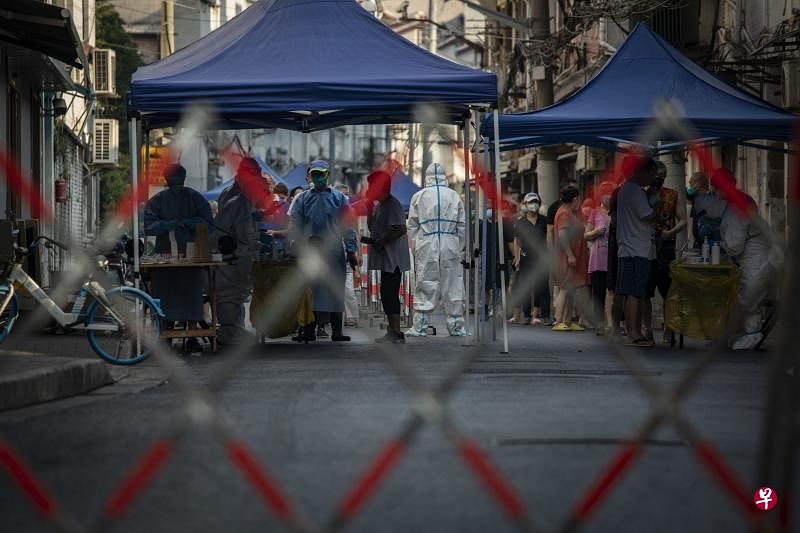
A survey released by the Singapore Chamber of Commerce in China shows that more than 50 % of the respondents are dissatisfied with China's strict epidemic prevention and control measures, but they are still optimistic about China's business environment in the next three years.
The survey of this period from May 9th to May 18th visited a total of 105 representatives and individual members in China Singapore to evaluate the impact of Chinese epidemic prevention policies on them.
The survey pointed out that because of different types and degrees of epidemic prevention measures across China, the evaluation of the interviewees is also very different.The results showed that most of the interviewees chose to be neutral in North and South China, which adopted moderate prevention measures, and the total of the interviewees of "satisfaction" and "very satisfied" in North China and South China exceeded 36%.
As for the East China region where Shanghai, Zhejiang and Jiangsu Province are located, 75%of the participants who choose "dissatisfied" and "very dissatisfied" are far exceeding the two regions of North China and South China.In the two regions of North China and South China, both "dissatisfied" and "very dissatisfied" interviewees were 28%.
In general, 54%of the respondents are "dissatisfied" and "very dissatisfied" by China's "dissatisfaction" and "very dissatisfied".
China is facing the most serious wave of epidemic since the outbreak of the crown disease in 2020, including the heating up in Shanghai and Xi'an.
Under the "clear zero" policy, China continues to take measures such as large -scale control and travel to control the epidemic.
70 % of the respondents are worried about the impact of the company
In this context, 70%of the respondents are worried about the impact of enterprises or business, and 67%believe that the Chinese economy will slow down and decline.Chain and increasing uncertainty.
However, up to 72%of the respondents have confidence in China's next three years, 41%of them are "very confident" and 13%of the respondents are "extremely confident."Such an optimistic view is also reflected in their willingness to choose to settle in China.
Nearly 60 % of the respondents said that after the epidemic, they would choose to continue to stay in China, and it is expected that China's strict epidemic prevention policy will continue until 2023.
Prince Yuan Yuan, the chairman of the Singapore Chamber of Commerce in China, said in an interview with Lianhe Morning Post that many members of the Singapore Chamber of Commerce in China have lived in China for many years; from the perspective of the population statistics of the respondents, most interviewees have lived in China 10 in China 10 10Over the year.
"Many people have established a commercial network in the local area, and have a certain degree of understanding and familiarity with the life and business environment, including learning to change the sudden policy changes."
He also said: "I will recommend to many Singapore companies to maintain an open and positive mentality, and maintain agile and highly adaptable ability."
China Singapore Chamber of Commerce was established in 2001 and is the first Southeast Asian Chamber of Commerce approved by China.There are more than 1,300 members in the Singapore Chamber of Commerce in China, and offices have been established in Shanghai, Chongqing, Tianjin, Guangxi, Guangdong, Sichuan and other places.




